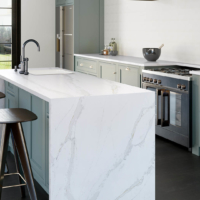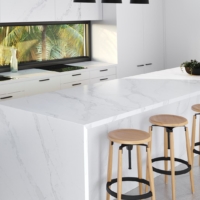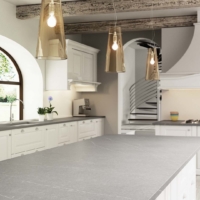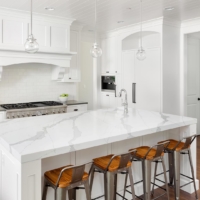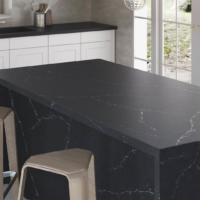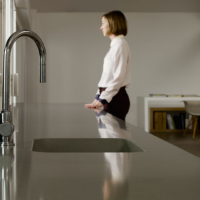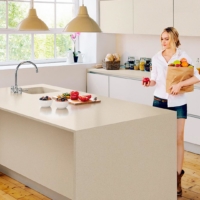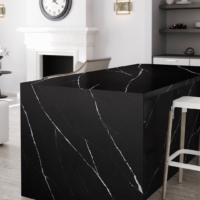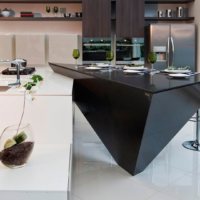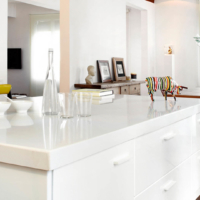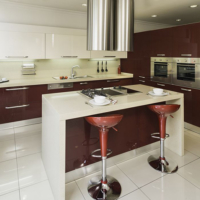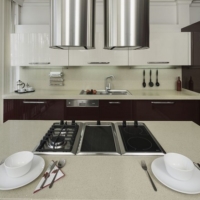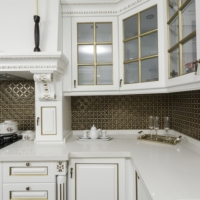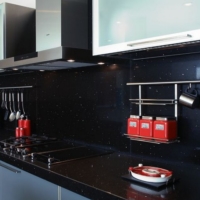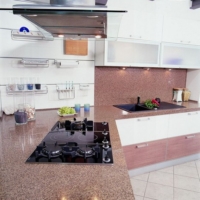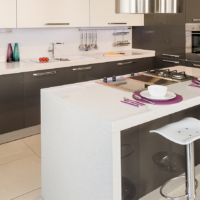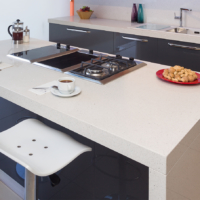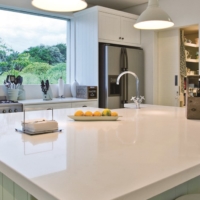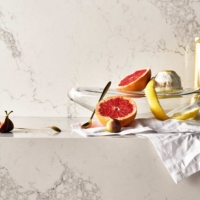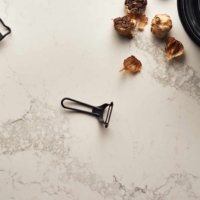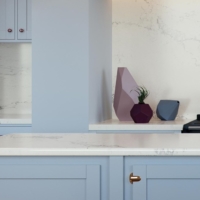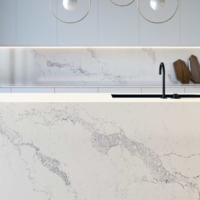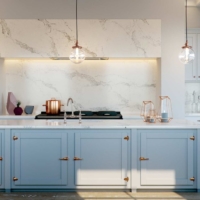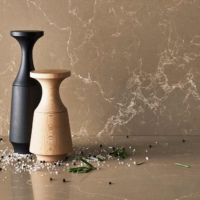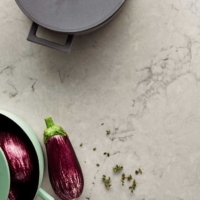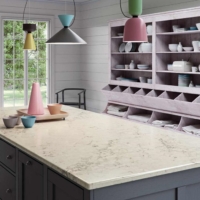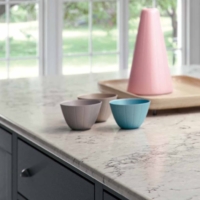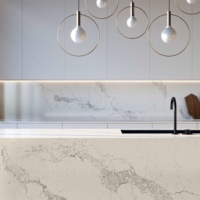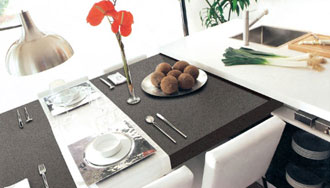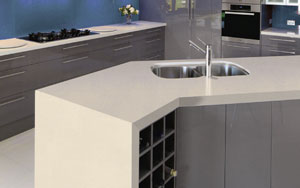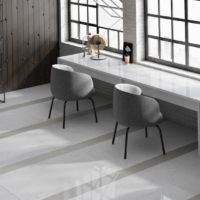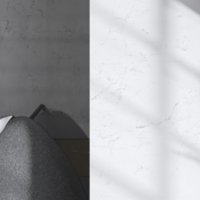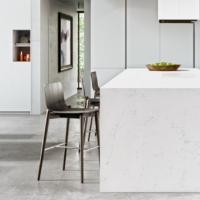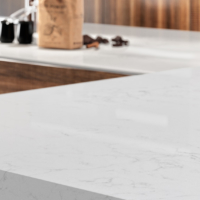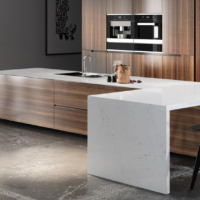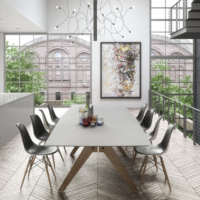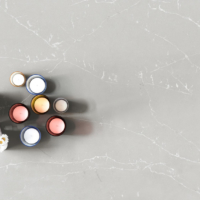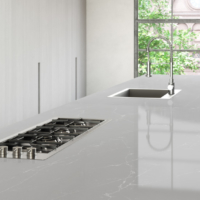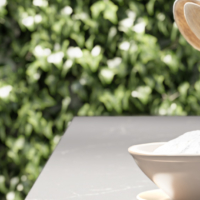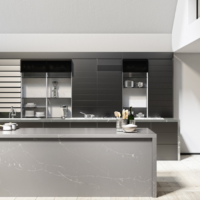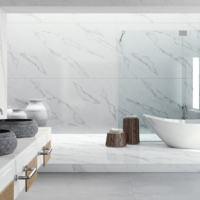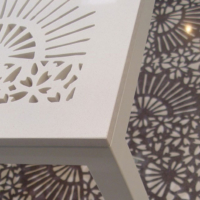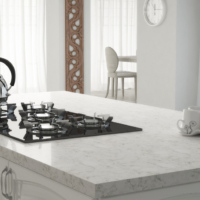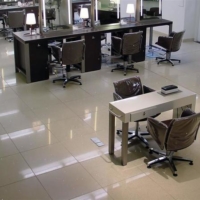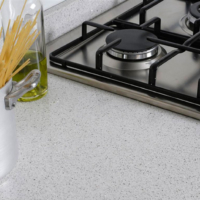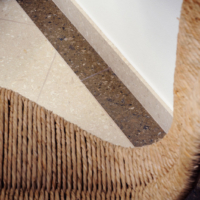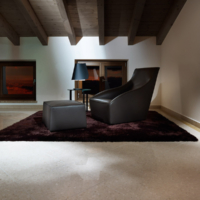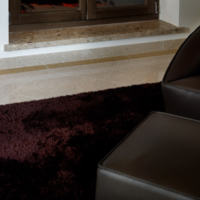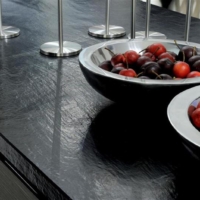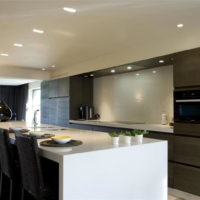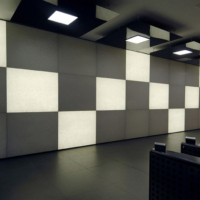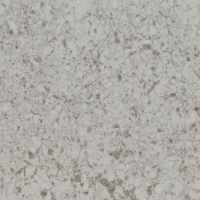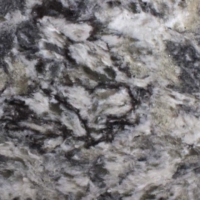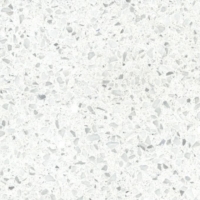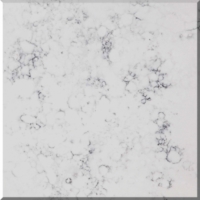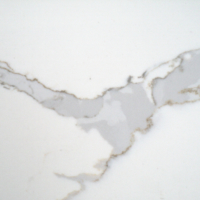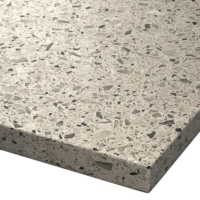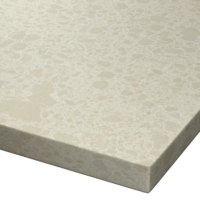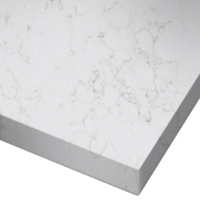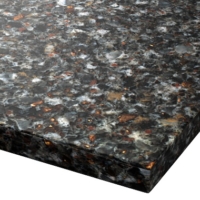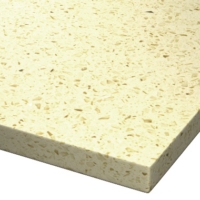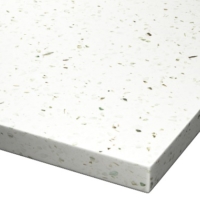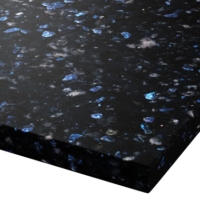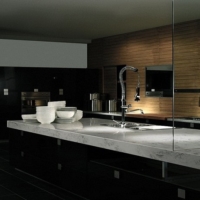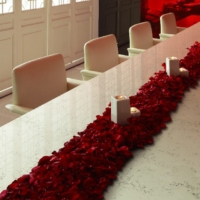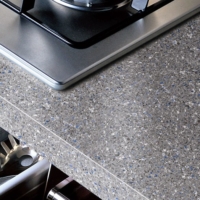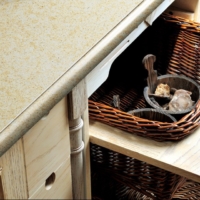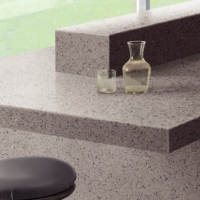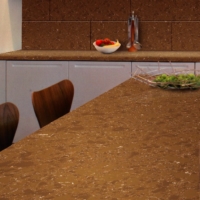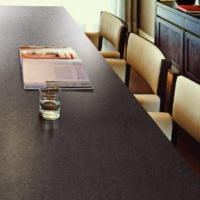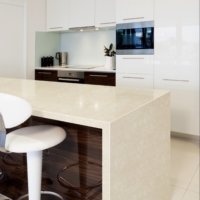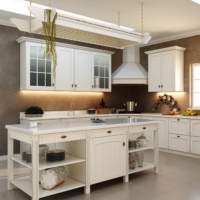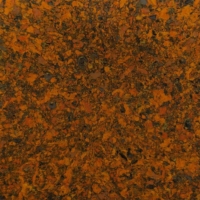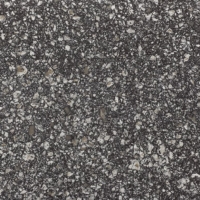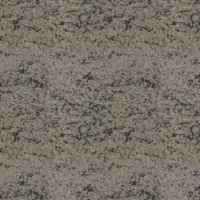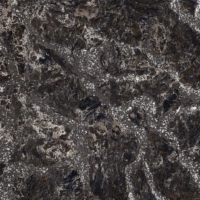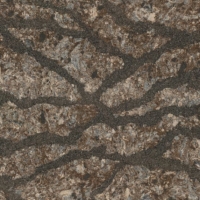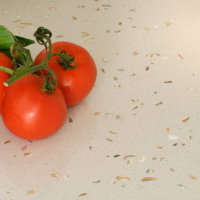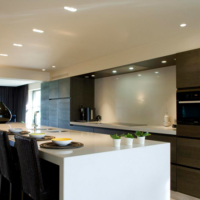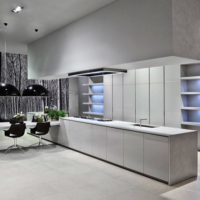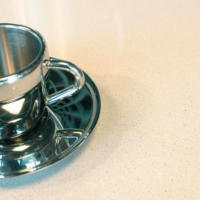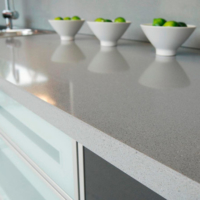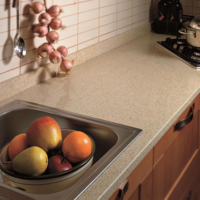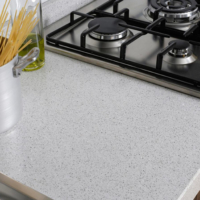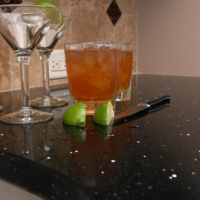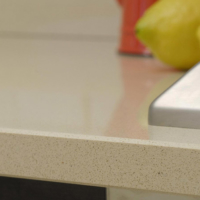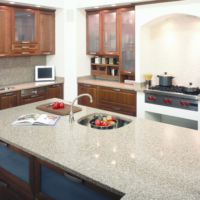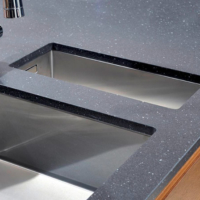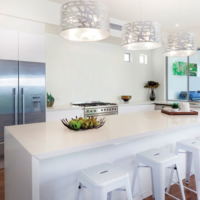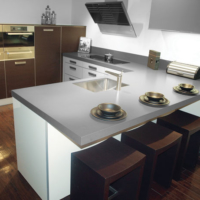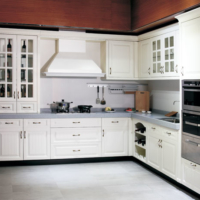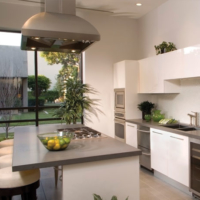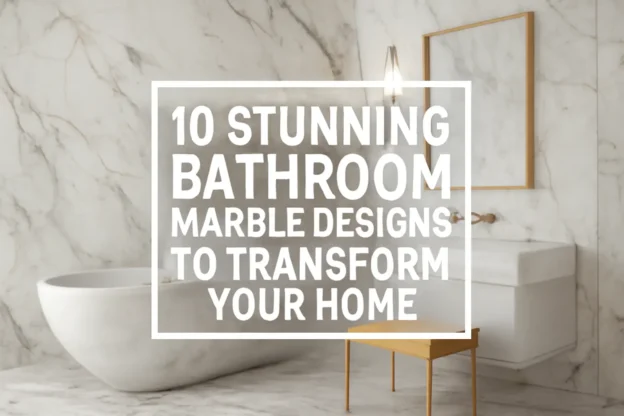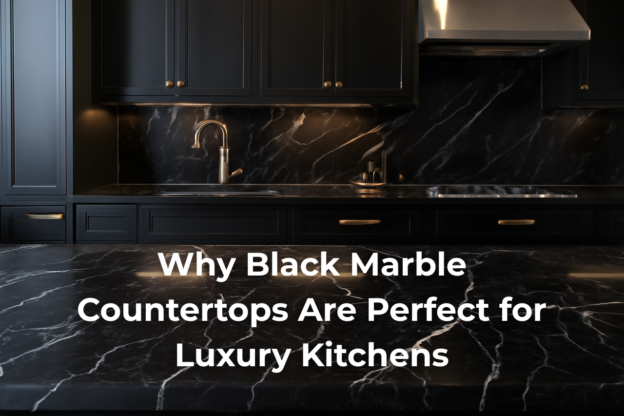Marble flooring has been a symbol of luxury and elegance for centuries, and it continues to be a popular choice for homeowners across the UK. Its unique aesthetic appeal, durability, and versatility make it a perfect option for anyone looking to elevate the look of their interiors. Whether you’re renovating an existing space or building a new home, marble flooring UK is a timeless investment that adds sophistication to any room.
Why Choose Marble Flooring in the UK?
1. Elegance and Aesthetic Appeal
Marble flooring UK is widely recognized for its luxurious look and feel. Its natural beauty, intricate veining, and unique color variations can enhance the elegance of any space. Whether you choose classic white marble or opt for darker tones like black or grey, marbles flooring UK offers an unparalleled level of sophistication.
In a country like the UK, where architectural heritage plays an important role, marble flooring UK fits perfectly with both traditional and contemporary interiors. The material complements a wide range of design styles, from opulent classic designs to minimalist modern spaces.
2. Durability and Longevity
One of the most significant advantages of marble flooring UK is its durability. Marble is a natural stone that can withstand heavy foot traffic, making it an ideal option for high-traffic areas in your home, such as hallways, kitchens, and living rooms. With proper care and maintenance, marble flooring UK can last for decades, ensuring that your investment remains intact for years to come.
Unlike wood flooring, which can warp over time, or tile flooring, which may crack, marble flooring UK remains strong and resilient, even under challenging conditions. Its ability to resist wear and tear makes it a long-term investment for homeowners in the UK.
3. Increases Property Value
Adding marble flooring UK to your home can significantly increase its value. Many buyers view marble as a luxury feature, and its presence can elevate the overall appeal of your property. Whether you’re selling your home or simply want to improve its aesthetics, marble flooring UK is a wise choice.
In fact, homes with marble flooring UK tend to attract higher sale prices and have a competitive edge in the real estate market.
4. Easy to Clean and Maintain
Marble flooring UK is relatively easy to clean and maintain. Regular sweeping or vacuuming to remove dirt and debris, combined with occasional mopping with a damp cloth, will keep your floors looking pristine.
Because of its smooth surface, marble flooring UK does not trap dust or allergens, making it an ideal option for people with allergies. However, it is essential to wipe up spills immediately, as marble is a porous material and can stain if left untreated for an extended period.
5. Cool and Comfortable Underfoot
In the UK, where the climate tends to be cool and damp, marble flooring UK is an excellent choice. It remains cool even during the summer months, making it a comfortable option for homes in warmer climates. In winter, marble can be combined with underfloor heating to maintain warmth and comfort.
The natural cooling properties of marble flooring UK also help to regulate indoor temperatures, keeping your home pleasant and energy-efficient.
How to Choose the Best Marble Flooring for Your Home
When it comes to selecting marble flooring UK, several factors come into play. Here are some tips to help you make the best choice for your home:
1. Consider the Type of Marble
There are various types of marble available on the market, each with unique characteristics. The most common types of marbles flooring UK include:
-
Carrara Marble: Famous for its white base and grey veining, Carrara marble is often used in kitchens and bathrooms.
-
Calacatta Marble: Known for its striking white background and bold, gold or grey veining, Calacatta marble is a premium option for those seeking a high-end, luxurious appearance.
-
Emperador Marble: A dark brown marble with intricate veining, ideal for creating a sophisticated, rich look in living rooms and dining areas.
-
Crema Marfil Marble: A light beige marble that’s versatile and complements a wide range of interior styles.
Consider the style and color of your existing décor when choosing the type of marbles flooring UK that will work best for your space.
2. Polished vs. Honed Marble
Marbles flooring UK can be finished in two main ways: polished or honed.
-
Polished Marble: This finish gives the marble a glossy and reflective surface, which enhances its natural color and veining. It’s perfect for adding a luxurious touch to any room, but it can be slippery when wet.
-
Honed Marble: This finish provides a matte, non-reflective surface that has a more natural, understated look. Honed marble is less slippery, making it a great choice for high-traffic areas and bathrooms.
Consider the function of the room and your personal style when deciding on the finish of your marbles flooring UK.
3. Assess the Quality
Not all marble is created equal, so it’s essential to choose high-quality marble for your flooring. Check for signs of authenticity and inspect the marble for any cracks, chips, or inconsistencies. Quality marbles flooring UK should have a consistent color and veining pattern, and the tiles should be uniform in size and thickness.
Always purchase your marbles flooring UK from reputable suppliers to ensure you’re getting a top-quality product.
Cost of Marble Flooring in the UK
The cost of marbles flooring UK varies depending on the type of marble you choose, the quality of the stone, and the size of your project. On average, marbles flooring UK can cost between £50 to £150 per square meter, including installation. Premium options such as Calacatta or rare marble types can cost even more.
While the initial investment might be higher compared to other flooring materials, the long-lasting durability and aesthetic appeal of marbles flooring UK make it a worthwhile investment in the long run.
Frequently Asked Questions (FAQ)
1. Is marbles flooring UK slippery?
Yes, polished marbles flooring UK can be slippery, especially when wet. If you are concerned about slipperiness, consider using honed marble or adding anti-slip treatments to your polished marble flooring UK.
2. Can marbles flooring UK be used in bathrooms?
Yes, marbles flooring UK is an excellent choice for bathrooms. Its resistance to water and humidity makes it ideal for wet areas. However, ensure that the marble is sealed correctly to prevent staining and water damage.
3. How do I maintain marble flooring UK?
To maintain marbles flooring UK, sweep or vacuum regularly to remove dust and debris. Mop with a damp cloth and use a marble-friendly cleaner to avoid damaging the surface. Avoid acidic cleaners like vinegar, as they can erode the marble flooring UK.
4. Can marbles flooring UK be repaired if damaged?
Yes, marbles flooring UK can be repaired if it becomes chipped or cracked. Minor repairs can be done using marble filler, while larger issues may require professional restoration services.
5. How long does marbles flooring UK last?
With proper care and maintenance, marbles flooring UK can last for decades. It is a highly durable material that withstands wear and tear over time, making it a long-term investment.
Conclusion
Marbles flooring UK is a timeless solution that adds elegance and luxury to any interior. Its durability, aesthetic appeal, and ease of maintenance make it a popular choice for homeowners across the UK. Whether you’re renovating a traditional home or building a modern space, marbles flooring UK can elevate the beauty of your home while providing a lasting, durable solution.

